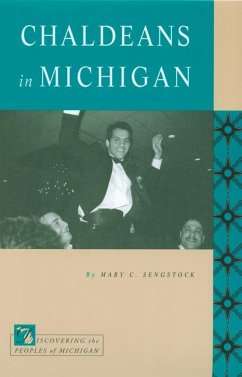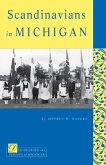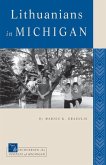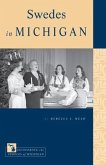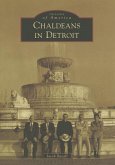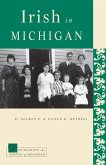The Michigan Chaldean community consists of more than 100,000 people of Iraqi descent who live in the Detroit Metropolitan area. The earliest Chaldeans arrived in the Detroit area about 1910. Living in the northern suburbs--Southfield, Oak Park, Birmingham, Bloomfield Hills, Farmington, Farmington Hills--most members of Detroit's Chaldean community trace their ancestry to a single town, Telkaif, in northern Iraq. Unlike most Iraqis, Chaldeans are Christians, members of a special rite of the Roman Catholic Church, called the Chaldean rite, from which they derive their name. Members of the community are known in the Detroit area for their successful practice of the retail grocery business, in which Chaldeans have been involved since their earliest days in the United States. Chaldeans in Michigan discusses three major community institutions--family, Church, and business--and the way they relate to each other. Chaldeans in Michigan also discusses recent developments within the Chaldean community, including relations with other Detroit-area groups and problems that have arisen in recent years due to a larger and more diverse population. Chaldeans, like most American ethnic groups, are concerned with educating their children in the culture of their ancestors. At the same time, however, Chaldeans in Michigan still absorb a large number of new immigrants each year, requiring them to continue to provide assistance to new arrivals in adapting to the American environment. In addition, Chaldeans today also must deal with the grief of watching their adopted country at war in their ancestral homeland.
Hinweis: Dieser Artikel kann nur an eine deutsche Lieferadresse ausgeliefert werden.
Hinweis: Dieser Artikel kann nur an eine deutsche Lieferadresse ausgeliefert werden.

